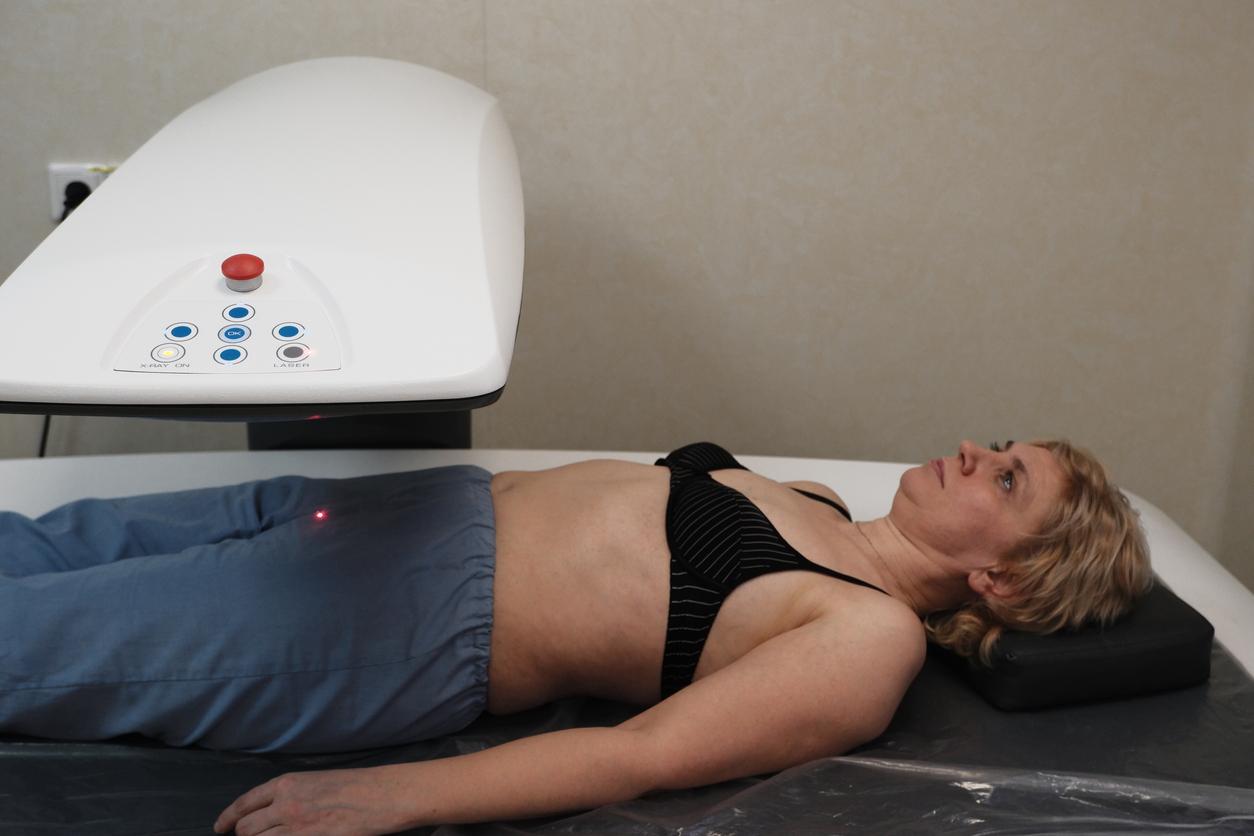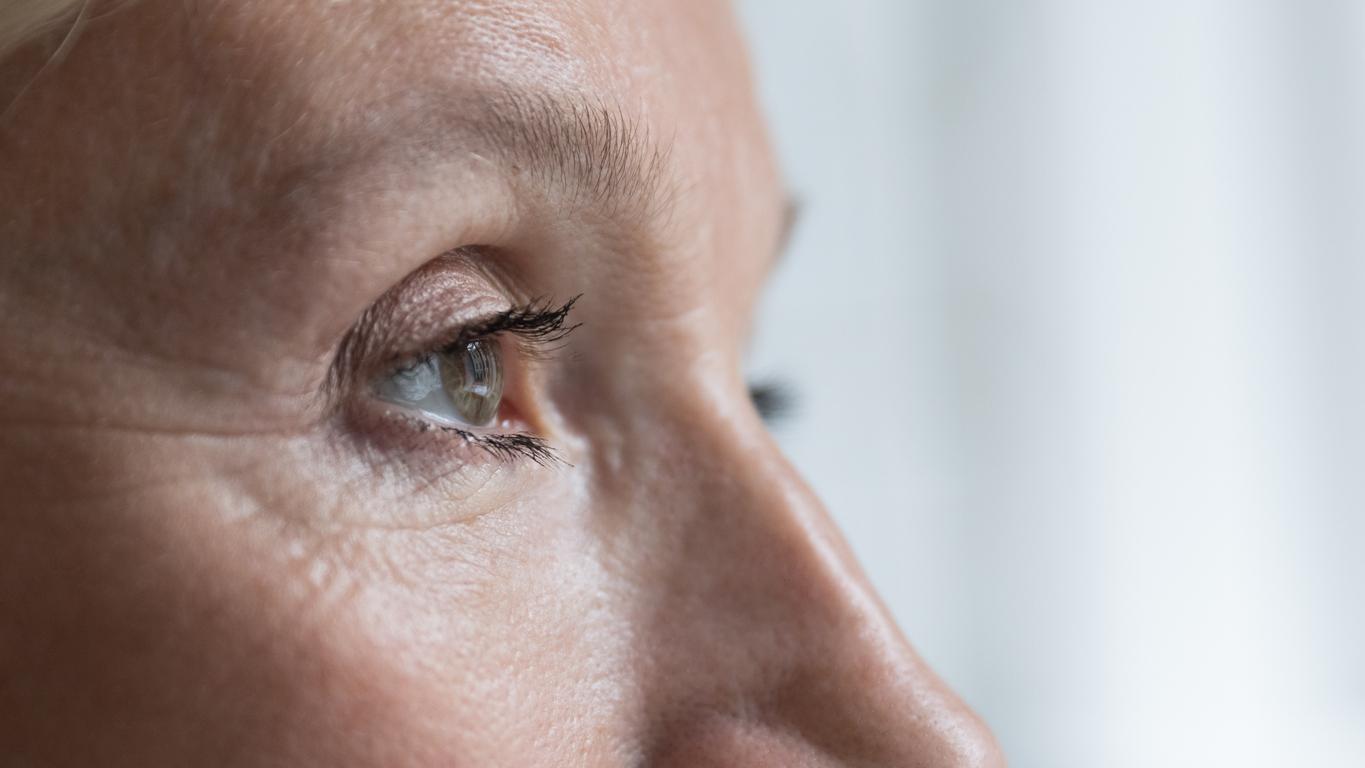Aug 22, 2001 – Valerian (Valeriana officinalis) is generally used to promote and improve sleep. It can be taken as an infusion, but because of its bad taste, many people take it as a supplement. Do these contain the active ingredients of the plant? Unfortunately not often, according to an analysis by ConsumerLab, an independent US laboratory that tests dietary supplements.
Valerian contains several active ingredients; ConsumerLab’s analysis aimed to determine the content of valerenic acid in supplements, a recognized marker of this plant. Of the 17 products tested, only nine contained the amount of valerian advertised on their label; four contained only half and four contained no detectable amount of valerenic acid. The results varied depending on the type of supplements analyzed:
- root powder: 1 in 6 compliant products;
- extract: 4 compliant products out of 7;
- mixture of powder and extract: 4 compliant products out of 4.
ConsumerLab suspects that the supplements devoid of valerenic acid were made from a different variety of valerian. The organization wants manufacturers to have their raw material analyzed to ensure that it is indeed Valeriana officinalis. Indeed, not only is it the variety that has been the subject of the greatest number of studies, but the others could be too rich in didrovaltrate, a compound which has been shown to be toxic in tests. in vitro. In addition, manufacturers should also test the finished product to avoid marketing supplements with misleading labels.
Consumers looking for a valerian supplement should pay attention to the following:
The label should state:
- the variety : Valeriana officinalis;
- the part of the plant: root (or rhizome);
- the form: root powder, extract or tincture;
- the amount (in g or mg) of valerian in each capsule or dose.
If the concentration of valerenic acid is indicated (a precision desirable), it should be at least 0.17% for the root powder and 0.8% for the extracts.
Beware of combinations containing valerian and skullcap: on the one hand, there is insufficient evidence for the efficacy of skullcap in sleep disorders and, on the other hand, cases of hepatic toxicity have been reported, probably caused by a substitution between skullcap and germander, a plant toxic to the liver.
Françoise Ruby – PasseportSanté.net
According to ConsumerLab – July 2001

















